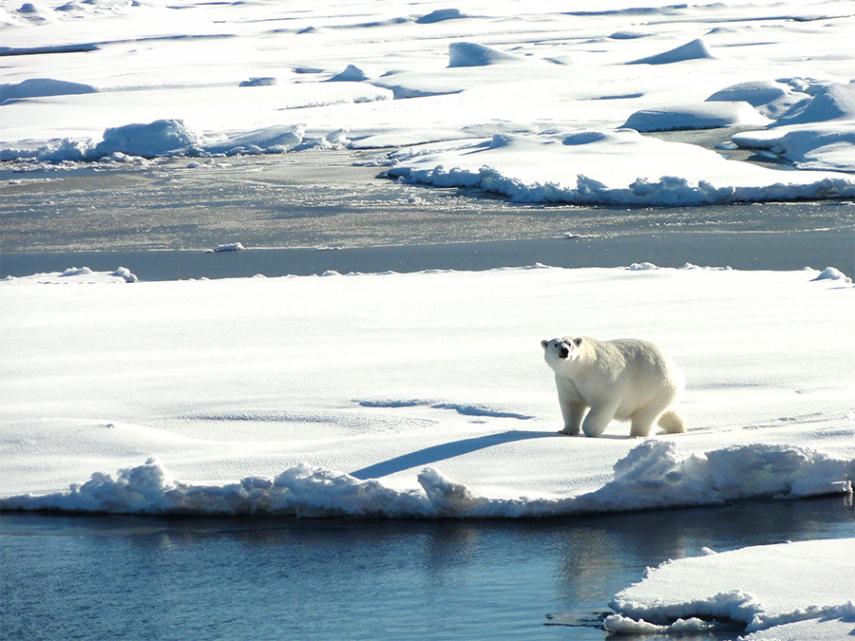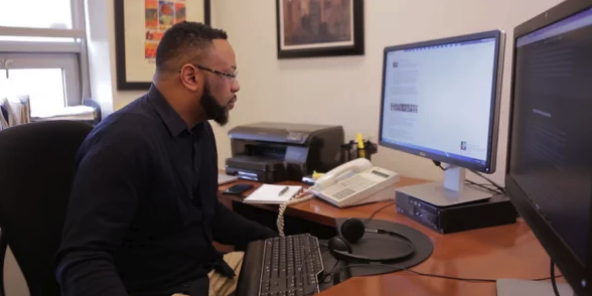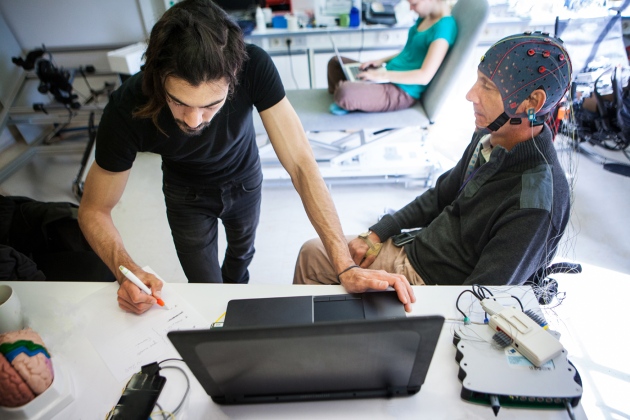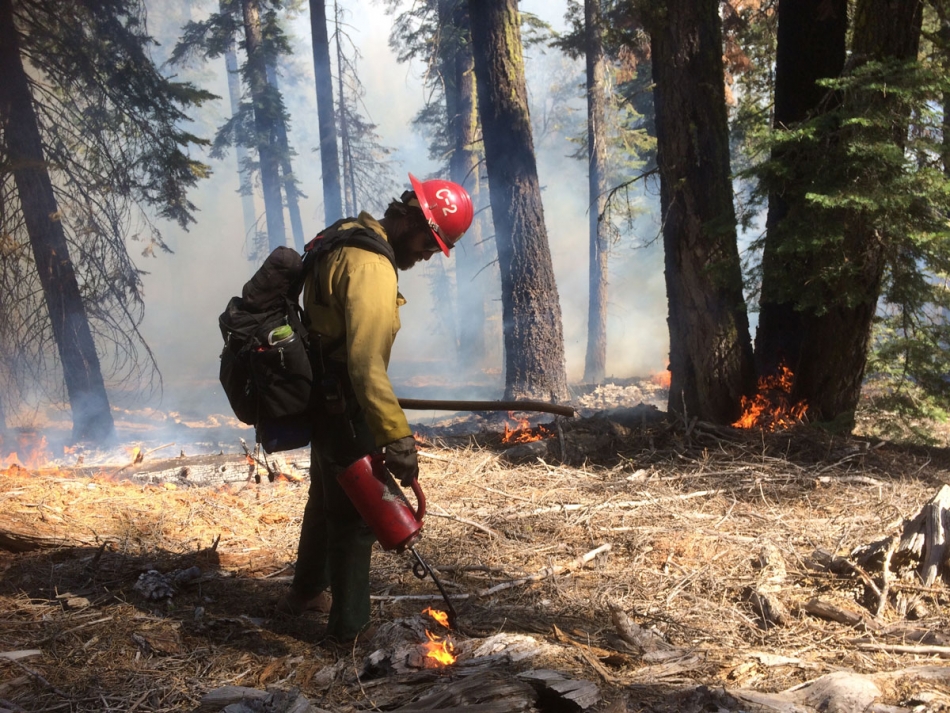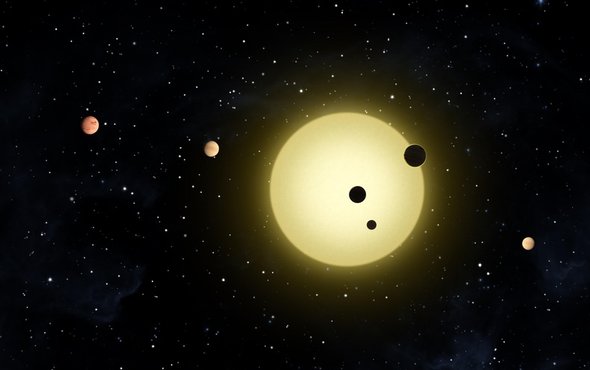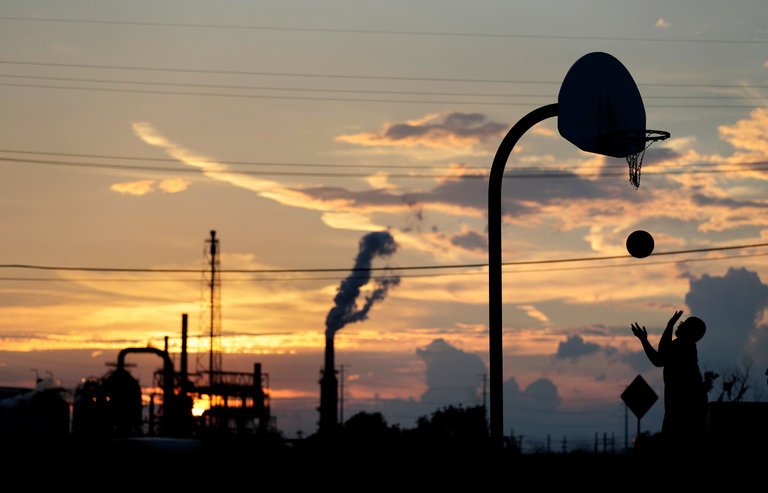November 12, 2017
How Warmer Winters Affect Our Planet
Marco Tedesco of Columbia University discusses changes in Earth's polar regions and why a difference of one or two degrees in temperature can thaw a world of ice.
November 10, 2017
Could Software Stop School Shootings?
Desmond Patton, director of Columbia University’s SAFE Lab, explains how language on social media changes as a teen gets closer to becoming violent — and how the findings are used to keep kids safe.
November 10, 2017
Can Carbon-Dioxide Removal Save the World?
Carbon-dioxide removal — an idea pioneered at Columbia by physicist Klaus Lackner — could be a trillion-dollar enterprise, because it not only slows the rise in CO2 but reverses it.
November 8, 2017
Four Ethical Priorities for Neurotechnologies and AI
Artificial intelligence and brain–computer interfaces must respect and preserve people's privacy, identity, agency, and equality, say Rafael Yuste, a Columbia professor of biological sciences and neuroscience, and his colleagues.
November 7, 2017
Breathing Fire
Park Williams, a Columbia climate scientist, says there's a clear connection between the nearly 2 degrees Fahrenheit overall increase in global temperature since the late 1800s and the severity of recent wildfires.
November 6, 2017
Astronomers Use Shadowy Alien Worlds to Peer Inside Stars
Columbia astronomers Emily Sandford and David Kipping have found a way to measure the density of distant stars by analyzing the speed and location of planets in their orbit.
November 6, 2017
The Climate Risks We Face
An op-ed co-authored by Columbia climate scientist Radley Horton, who helped write the “Climate Science Special Report: Fourth National Climate Assessment, Volume I,” released on Friday.

